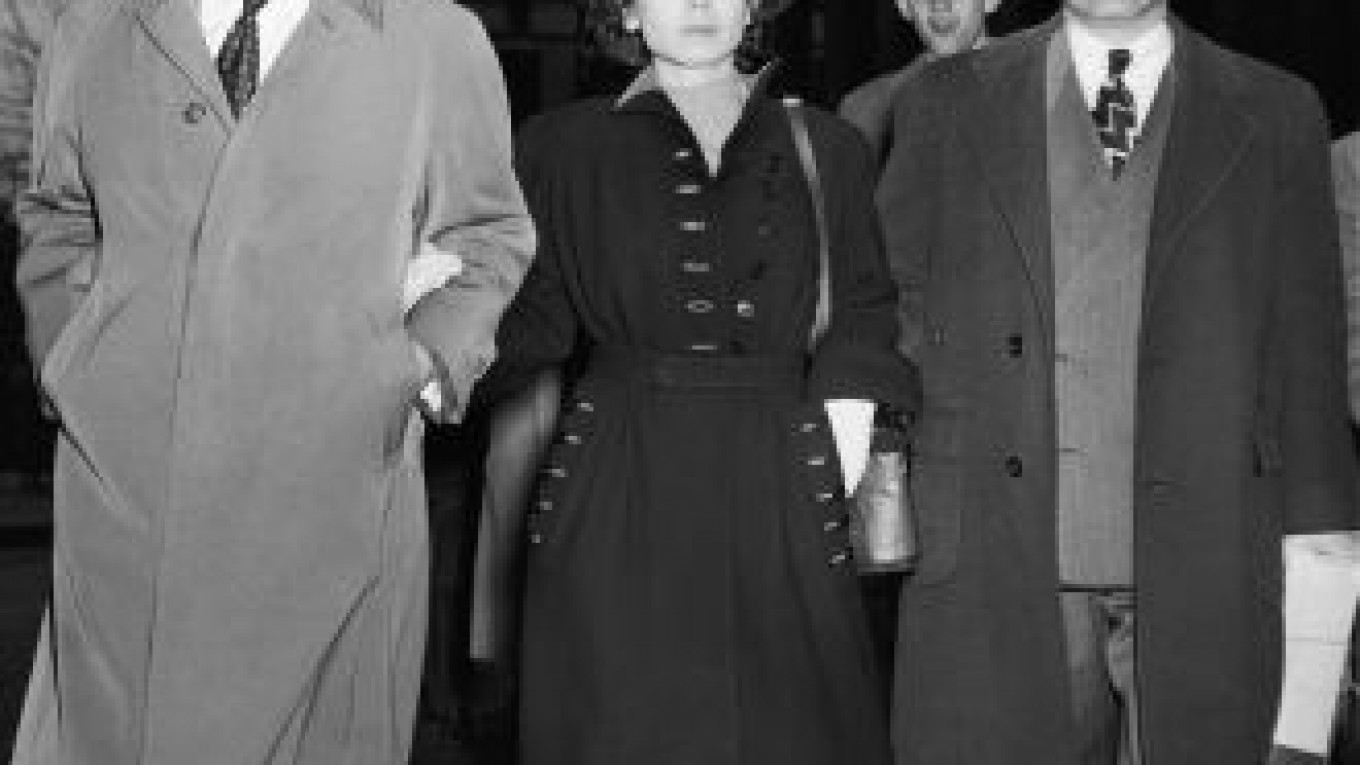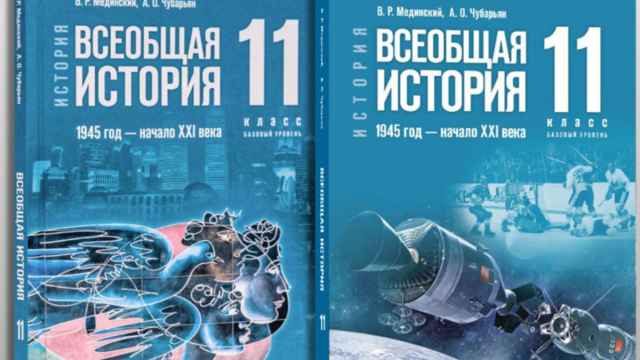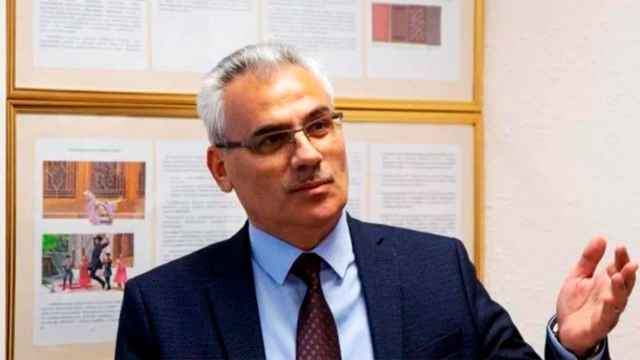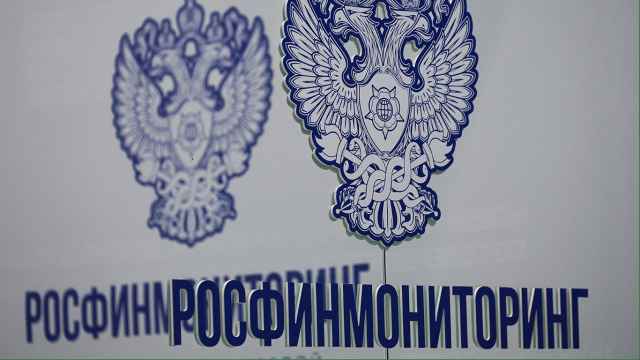NEW YORK — She was young and smart and claimed she was in love, and when Judith Coplon was accused of being a Soviet spy in 1949 she became a sensation.
A 28-year-old Justice Department employee, Coplon had been caught with secret U.S. documents at a meeting with a Russian agent on a Manhattan street. She claimed she was meeting him only because she loved him, but she was found guilty at two trials.
The convictions were overturned and the cases were eventually dropped. Coplon married one of her lawyers, raised four children in Brooklyn and became an educator and supporter of literacy.
Coplon, who was arrested while working as an analyst in the Justice Department, died Saturday at age 89 in a Manhattan hospital, her daughter, Emily Socolov, said Wednesday.
Americans had just begun hearing about Alger Hiss and Russian espionage when the FBI intercepted Soviet cables between KGB stations in Moscow and New York that made them believe that an agent code-named "Sima" was Coplon, who had won a citizenship award in high school.
"She had a job right there in the Justice Department, so it became a high priority for the FBI because this was someone in their own shop," said Cold War historian John Earl Haynes. "This was a time when there was something of a drought in terms of KGB sources, and it turned out she was one of their most productive agents."
The FBI arranged for a fake but important-looking document to be fed to her. "She immediately said she had to leave Washington to see her family in New York, and about two dozen FBI men followed her," said Haynes, co-author of "Spies: The Rise and Fall of the KGB in America."
The FBI tracked Coplon to a meeting with Russian agent Valentin Gubitchev and found she had the fake document — and some real ones.
At her first trial, she claimed she was meeting Gubitchev because they were in love and was not planning to give him the documents. But he was married, and prosecutors brought out that she had spent nights in hotels with another man at around the same time.
Haynes said Coplon's real motive was ideological. He said she was a member of the Young Communists while at Barnard College — which her family disputes. Emily Socolov said her mother was "completely operating on principle, purely her idealism for peace and justice. She was never self-serving."
Coplon was convicted of espionage in packed courtrooms in Washington and New York, but judges eventually threw out the convictions on grounds including lack of a warrant and illegal wiretaps. The FBI had been unwilling to reveal the Soviet cables in public, so the juries never heard about "Sima."
One appeals judge said Coplon's "guilt is plain" even as he overturned her conviction. Haynes said her connection with Soviet spying was further proved with the release of documents in 1995.
He said Coplon's was "almost a textbook case of how American criminal justice and counterterrorism don't mesh well together."
The government never retried her but didn't officially drop the case until 1967, by which time Coplon was Judith Socolov and had four growing children in a Brooklyn brownstone.
"That was a night of great celebration for us," Emily Socolov said. "I was in the middle of my high school years."
Not that the espionage case was a topic of family discussion.
"She never talked about it," Emily Socolov said, except in the context of the causes she supported throughout her long life after the trials: racial equality, women's rights, "the idea that people would help one another."
"We'd be talking about women in prison, and she'd mention something about her time in jail," the daughter said. "Or she'd mention how an African-American she met in an elevator gave her a dime for her appeal."
She said her mother raised her family "to believe in the same things she did."
Once her youngest child was in school, she won a master's degree in education and became an expert in bilingual education and literacy, her daughter said.
State Supreme Court Justice Emily Goodman, a longtime friend, said Socolov was "utterly committed to social justice. That was her passion. She was involved with teaching, educating, publishing, bringing literacy to people who might be shortchanged in schools and prisons."
"The way she was as a mother and a wife actually inspired me to have a child," the judge said. "I was never really interested, but when I was around her and her family, it honestly began to change my mind. … And now I have my own beautiful daughter."
A Message from The Moscow Times:
Dear readers,
We are facing unprecedented challenges. Russia's Prosecutor General's Office has designated The Moscow Times as an "undesirable" organization, criminalizing our work and putting our staff at risk of prosecution. This follows our earlier unjust labeling as a "foreign agent."
These actions are direct attempts to silence independent journalism in Russia. The authorities claim our work "discredits the decisions of the Russian leadership." We see things differently: we strive to provide accurate, unbiased reporting on Russia.
We, the journalists of The Moscow Times, refuse to be silenced. But to continue our work, we need your help.
Your support, no matter how small, makes a world of difference. If you can, please support us monthly starting from just $2. It's quick to set up, and every contribution makes a significant impact.
By supporting The Moscow Times, you're defending open, independent journalism in the face of repression. Thank you for standing with us.
Remind me later.






